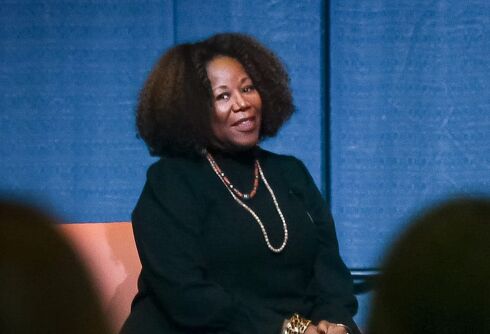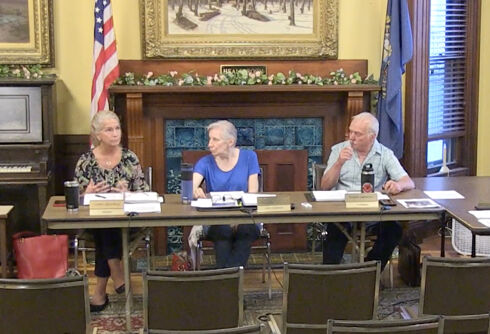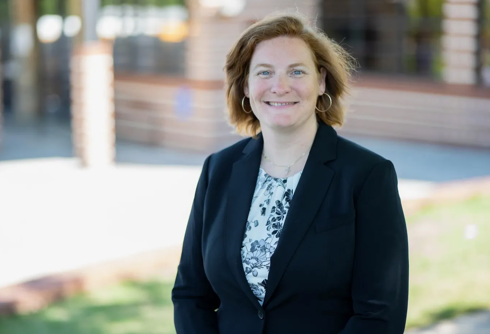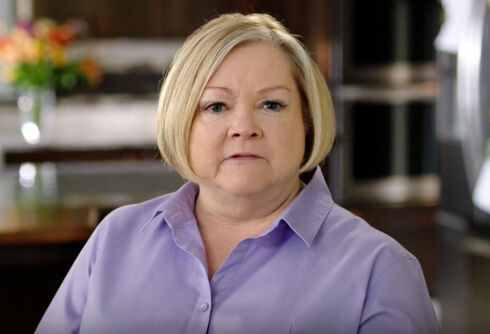ST. PAUL, Minn. — Minnesota lawmakers are planning to try again this year to strengthen a state law aimed at preventing bullying in schools.
Supporters told Minnesota Public Radio News there will be a renewed push in the session that starts next month. Last year, the House passed a tougher anti-bullying bill, but it got tied up in the Senate during the final days of the session.
 This year its backers hope to act on it early in the session, which convenes on Feb. 25. Because it passed legislative committees last year, it won’t need to move through the committee process again.
This year its backers hope to act on it early in the session, which convenes on Feb. 25. Because it passed legislative committees last year, it won’t need to move through the committee process again.
Advocates say the state’s current anti-bullying law, at 37 words long, is one of the weakest in the nation. It requires districts to have policies to prevent bullying but includes no guidance on what it should entail. The proposed law would require schools to investigate all cases of bullying and train teachers to spot and prevent it.
Never Miss a Beat
Subscribe to our newsletter to stay ahead of the latest LGBTQ+ political news and insights.
An MPR News investigation in 2011 found inconsistent policies at schools across the state. Many students, parents, educators and experts said that has left kids at greater risk of being targeted by bullies.
About 100 organizations have teamed up to toughen the law, including Education Minnesota, the state teacher’s union; OutFront Minnesota, the gay rights lobby group; and PACER, which advocates for children with disabilities.
Supporters often have tapped bullied students to argue for the bill. Della Kurzer-Zlotnick, a senior at St. Paul’s Central High School, said she was bullied as a seventh-grader because her two moms are lesbians. She said knowing then that school officials would have been obligated to help would have prompted her to seek help.
“I couldn’t show them any physical scars, so I didn’t think there was anything they could do about it,” Kurzer-Zlotnick said of school administrators.
Critics question the costs for school districts, and some religious groups opposed the bill’s protections for gay and lesbian students.
Some religious groups have questioned the bill’s protections for gay and lesbian students, saying it could open students to charges of bullying for expressing religious beliefs.
Opponents also have set sights on estimates the bill could cost up to $25 million a year, as school districts may need to hire extra staff to handle bullying investigations, pay for new anti-bullying programs and set aside time to train all staff on how to handle bullying.
The bill doesn’t include funding for new programs and training. The bill’s authors said they’ve tried to ease that burden by requiring such training once every three years, instead of every year as it initially called for.
Still, state Sen. Roger Chamberlain, R-Lino Lakes, called it an unfunded mandate for districts. He said districts would be saddled with extra work, as they track and investigate cases that might or might not rise to the level of bullying.
“The vagueness in the law is very troubling,” Chamberlain said. “And I can’t imagine teachers and others trying to deal with that.”
This material may not be published, broadcast, rewritten, or redistributed.













